
Review some of the top stories from the Contemporary OB/GYN website over the last week, and catch up on anything you may have missed.

Review some of the top stories from the Contemporary OB/GYN website over the last week, and catch up on anything you may have missed.

In a recent study, stroke was more common among women within 12 months after delivery if infertility treatment was administered.

From a virus that had no treatment options, to one that may be prevented in two different modalities, clinicians are hoping to see a reduction in respiratory syncytial virus (RSV) incidence rates, starting this fall.

In a recent study, gestational diabetes outcomes were similar between individuals receiving group prenatal care and those receiving individual prenatal care.
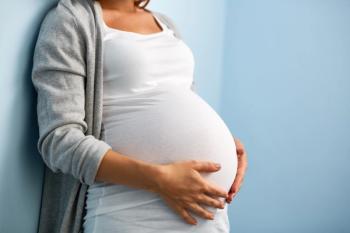
In a recent study, increased rates of gestational weight gain were observed during the first 2 years of the COVID-19 pandemic.

Although gout was not associated with hearing loss, hyperuricemia was significantly linked to impairment.

In a recent study, adverse maternal and child outcomes associated with maternal postnatal depression were reduced by selective serotonin reuptake inhibitor use.

In a recent study, patients were more likely to receive contraceptive counseling following a telephone-based intervention documented in electronic medical records.

In a recent study, nanostructured lipid carriers loaded with hypericin and dispersed in hydrogels were effective at managing candida albicans.

In a recent study, mental health disorders were associated with increased risks of cannabis use and cannabis use disorder among women who were pregnant or up to 1 year postpartum.

The Vaginal Birth After Cesarean (VBAC) Calculator will be available as a standalone tool and as a part of the VBAC counseling plans and Scheduling for Repeat Cesarean plans.
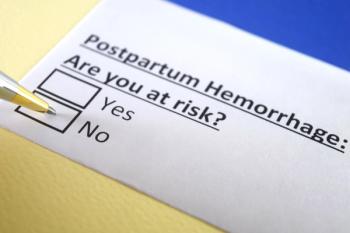
In a recent study, the most effective model for predicting postpartum hemorrhage in patients with pernicious placenta previa used a logical least absolute shrinkage and selection operator adopting risk factors of ultrasound and magnetic resonance imaging.

In a recent study, infants born to mothers with excessive gestational weight gain at gestational diabetes mellitus diagnosis had increased risks of large for gestational age and macrosomia.

Review some of the top stories from the Contemporary OB/GYN website over the last week, and catch up on anything you may have missed.
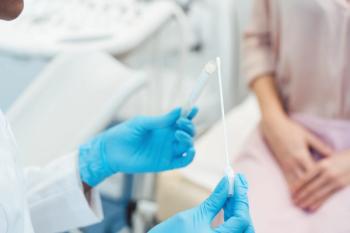
In a recent study, certain sexually transmitted infections were more common among patients positive for bacterial vaginosis.

In a recent report, the CDC revealed significant rates of disparities among women receiving pregnancy and delivery care.

In a recent study, a rise in the prevalence of gender-affirming procedures in the United States was observed.
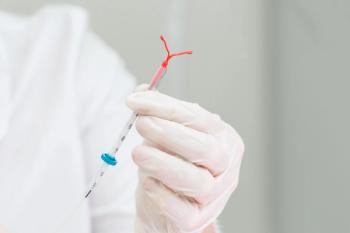
In a recent study, individuals with intrauterine device placement after abortion were commonly satisfied with the device and continued use after 1 year.

In a recent study, improved neurodevelopmental outcomes were seen in children aged 2 years whose mothers received a Mediterranean diet or mindfulness-based stress reduction intervention during pregnancy.

In a recent study, multiple misleading claims were found on websites selling direct-to-consumer Anti-Mullerian hormone tests.

In a recent study, adherence to diets was associated with pregnancy loss outcomes after infertility treatment.

In a recent study, cerebral palsy was seen significantly more often in children born from assisted reproductive technology than those naturally conceived.
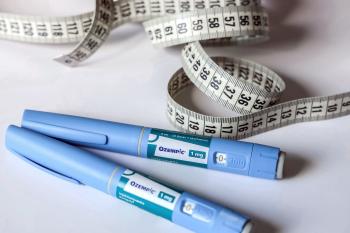
New drugs may lighten patient weights and wallets.

In a recent study, women with Parkinson’s Disease had reduced rates of physical activity.

In a recent study, patients chose different methods of contraception or sterilization at delivery based on their presenting malignancy.

In a recent study, patients at risk of perinatal mood and anxiety disorders presented with different plasma protein levels than those not at risk.

The Maternal Health Research Centers of Excellence will work to reduce maternal mortality in the United States, with a focus on populations which face disparities in health care.

‘New era’ as 2023 could go from bad to worse for invasions of computer networks.

In a recent study, improved outcomes were observed in patients receiving the EnPlace sacrospinous ligament fixation device for pelvic organ prolapse repair.

In a recent survey, 23% of women reported hair thinning as the physical issue which brought them the most discomfort.